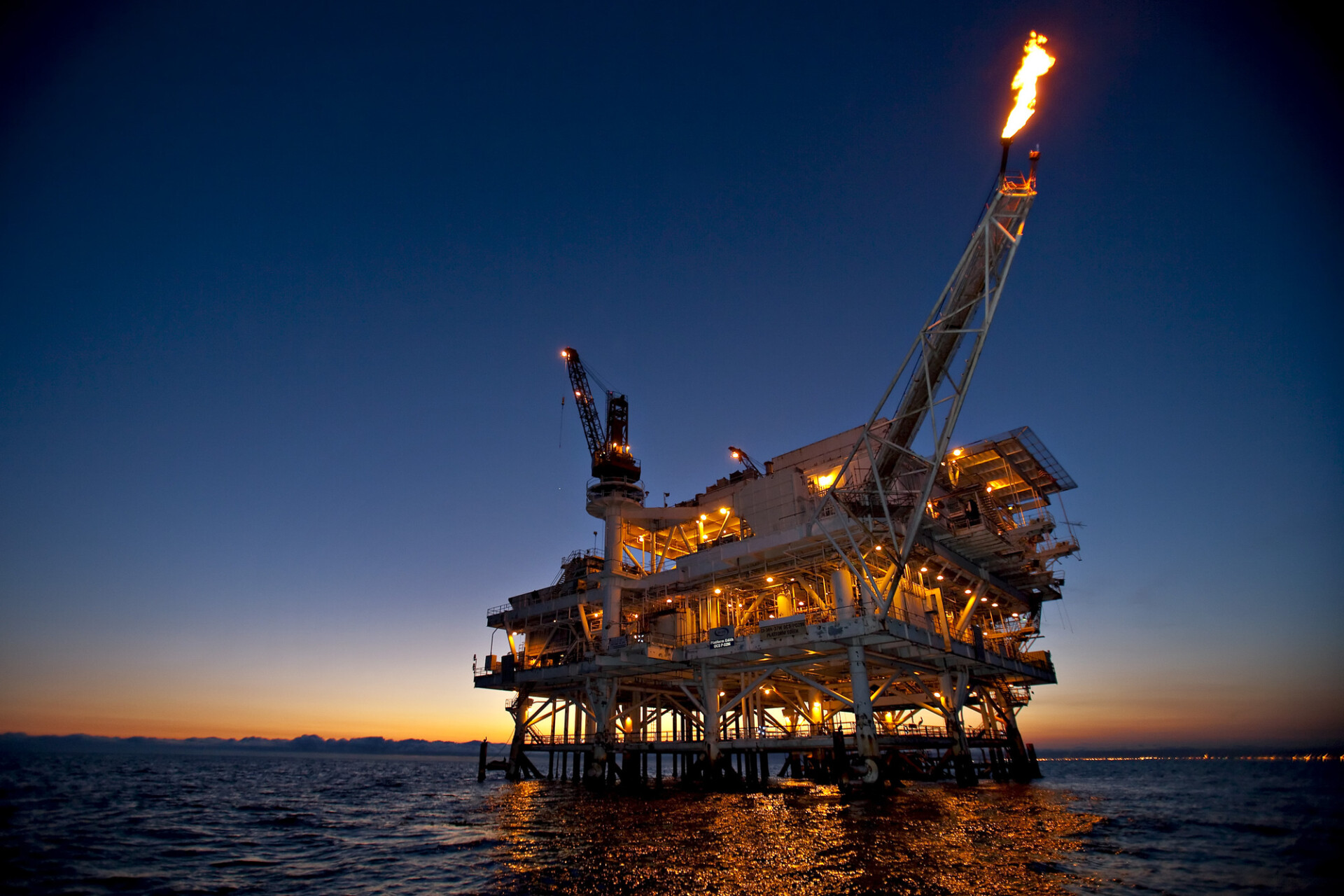With production cuts and escalating conflict in the Middle East failing to move oil prices anywhere near Saudi Arabia’s target price of $100 a barrel, the kingdom decided last week to open the spigots to capture market share. Oil prices then fell to around $67 a barrel, well below the initial target of $100. And while reports of an imminent Iranian missile attack on Israel sent prices bouncing off their lows this Tuesday, even that surge left the price some $30 shy of the target.
Western governments will accept the news gratefully. Lower oil prices will provide welcome relief to energy-importing European economies, while giving consumers everywhere a bit more pocket money. Meanwhile, with a growing number of politicians calling for renewable energy targets to be scrapped, lower fuel prices may provide a fillip to Western carmakers, who have been struggling to keep up with the Chinese competition in the production of cheap, high-quality EVs.
For his part, Donald Trump says that if elected, he’ll go further yet to take advantage of falling fuel prices. With plans to not just slow but completely scrap the energy transition programme begun by Joe Biden, he aims to exploit America’s “energy abundance” to pivot back to a carbon-based economy. He wants to restore US manufacturing prowess on the basis of cheap electricity using existing technology.
Still, the irony is that cheap fuel may make it harder for Trump to win the election, to the extent that falling gas prices will bolster Kamala Harris’s pitch. There are risks for Western governments in sticking with their existing advantages in the production of “legacy goods” such as ICE automobiles. Part of the reason why oil prices have been stagnating is that a weak global economy has constrained cyclical demand. But it may also be that structural demand is falling because the energy transition, which is proceeding faster than expected in China, may now be advancing into other countries as well.
Global oil production peaked in 2018, and has never returned to that year’s levels. At one time, falling output would have ultimately led to price rises. But other than a spike caused by supply-chain disruptions during the Covid-19 pandemic, world oil prices have bumped around pretty much where they were back in 2018.
Saudi Arabia’s own future plans illustrate how we may be moving into a post-carbon age. Part of the US aim in turning itself into the world’s leading oil and gas producer, something which began under Barack Obama and peaked under Biden, was to reduce the country’s chronic vulnerability to events in the Middle East. In a strange sort of way, the US succeeded too well. With North American markets mattering ever less to the Gulf states, they now look for partners elsewhere.
Aware they can’t depend on oil as they once did, the Gulf kingdoms have been seeking to replicate the Norwegian model, using oil revenues to transition their own economies to renewable energy, which they see as the low-cost source of the future. That has made them less interested in trade with the West, and more interested in trade with China, the centre of the global energy transition.
Western countries which retreat into a defensive posture and prolong the life of existing, carbon-intensive industries will likely secure a short-term boost to their economies, while their consumers may enjoy lower prices. But if the rest of the world moves forward into a fresher model, the West may find itself left behind in a new age of endless energy abundance.
It could, in short, be inviting its own downfall. The falling price of oil may be an opportunity. But it could also be a threat to a model which served the West well during its ascendancy, but which could now accelerate its decline.











Join the discussion
Join like minded readers that support our journalism by becoming a paid subscriber
To join the discussion in the comments, become a paid subscriber.
Join like minded readers that support our journalism, read unlimited articles and enjoy other subscriber-only benefits.
Subscribe